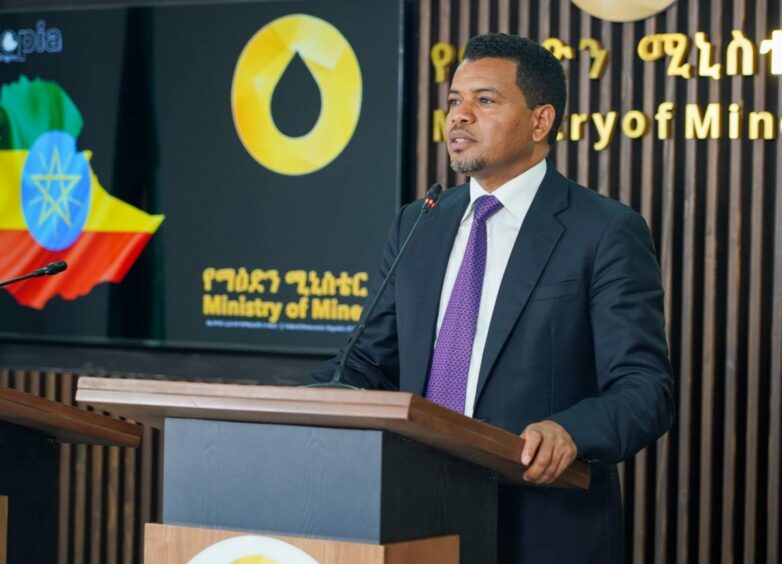
Ethiopia has terminated the Poly-GCL licence given a lack of progress in developing the Calub and Hilala gas fields.
Minister of Mines & Petroleum Takele Uma Banti held a press conference announcing Ethiopia’s move to end the Chinese company’s activities. Citing previous notices, Takele said the termination was now in full effect.
“That said, as long as the financing that would enable to develop the oil and gas fields the ministry is open for mutual and expeditious settlement,” the minister said.
The ministry issued a demand to Poly-GCL in March. The company needed to deposit cash at the National Bank of Ethiopia (NBE) by the end of June, the ministry said, or face termination.
It also asked Poly-GCL to show its debt financing plans and provide funds for community development.
The ministry has projected that Poly-GCL would need to invest $4.2 billion to develop the Calub and Hilala project. The Chinese plan is to pipe the gas 750 km to a nearshore liquefaction plant off Djibouti.
High-level needs
Poly-GCL executives gave a presentation on Chinese investment in Africa, and Ethiopia in particular, in June. Executive director Kang Houping said Chinese regulator National Development and Reform Commission (NDRC) saw the company’s projects as of great importance.
The executive called for China to include the Poly-GCL project in the country’s high-level spending plans. The initial plan from the Chinese company involved a 3 million tonne per year LNG plant, potentially rising in the longer term to 10mn tpy.
The company struck a memorandum of understanding (MoU) with GNE Hong Kong on the Ethiopia project. GNE raised the prospect of investing in Poly-GCL in order to support the gas export plan.
Poly-GCL said it would need to raise $500 million to get the plan going. Signing the MoU in July, the company said it aimed to begin work in the fourth quarter of 2022 and start commercial production in mid-2025.
While the Chinese company has been unable to make progress, there may be alternatives. Takele, the day before terminating the Chinese deal, held talks with Prince Abass Ben Ali Ben Nayef of Jordan and United Capital.
The two sides discussed “investment opportunities on the development of natural gas … in Ethiopia. We’ve agreed on partnership and laid out the foundation to begin work immediately,” he said.
Recommended for you

